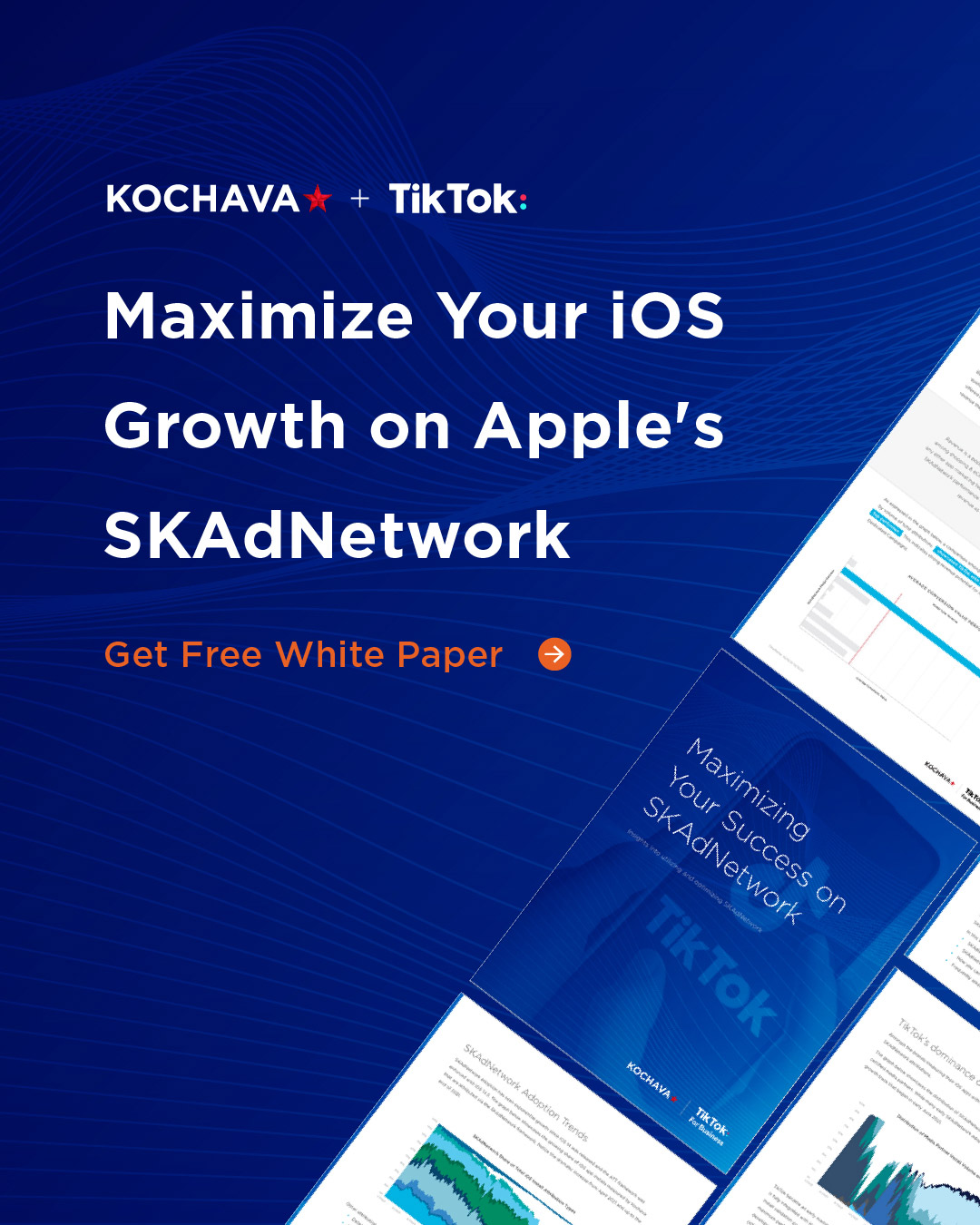About
- Company Name:Inside Bitcoins News
(View Trends)
-
Headquarters: (View Map)New York, NY, United States
-
-
10 - 50 employees
Capabilities
-
Desktop Display, Mobile Display, Email, Social
-
CPM
-
Web Publisher
- Headline:Publisher
- Key DifferentiatorSo what exactly is Bitcoin? Bitcoin emerged in 2008 and was initially concepted as a peer-to-peer electronic cash system. Bitcoin can be understood as a value store, meaning that a Bitcoin (or part of a Bitcoin) represents some amount of value. Another way to think of Bitcoin is as a virtual "currency" and payment system. Bitcoin is transferred from one person to another in a transaction, and the value is determined by what someone is willing to pay for it. Bitcoin is a form of cryptocurrency—or encrypted currency—that enables anonymous, independent, and non-regulated transactions. Cryptography allows for the secure ownership of the currency, which means that Bitcoin's users can control the creation and transfer of money. Such a degree of privacy in transactions has helped Bitcoin gain a foothold as an alternative currency. How is Bitcoin used? Bitcoin is considered a decentralized currency, which means that a network of users control and verify transactions instead of a central authority like a bank or government doing so. Bitcoin still works like fiat currency, since one party pays another for goods and services. This friendly overview by Mashable illustrates how Bitcoin is commonly used. One of the first Bitcoin transactions made famous in pop culture was the Bitcoin Pizza story from 2010. Famously, a man offered to pay 10,000 Bitcoin for someone to order him two pizzas—and someone did it. Those 10,000 bit coins were worth about $25 at the time. Today, that value fluctuates between 5 to 6 million USD. One of the interesting usability features of Bitcoin is that it's infinitely divisible. The measurement prefix mBTC, which represents .001 of a Bitcoin, can be used to understand everyday transactions in more manageable and translatable amounts. Users can transact 1/10 of a bitcoin for $64 USD, 1/100 of a bitcoin for $6.40 or 1/1000 of a bitcoin for .64 cents. This simplification of standards allows transactions to correlate more closely with the dollar. For example, it makes more sense to say someone is willing to pay 5 mBTC for a burger versus .005 Bitcoin. How do you get Bitcoin? There are three ways to get Bitcoin: The first is to "mine" them: Bitcoinmining.com helps answer the rather difficult question of how to mine for Bitcoin. Put simply, a miner sets up his computer to attempt to guess a very difficult random string of letters and numbers. If the computer guesses correctly, the miner is awarded a Bitcoin. While there are currently 12 million bitcoins in circulation, the total amount that can ever be "mined" is capped at 21 million. However, finding new coins becomes more difficult as the number of available coins reaches this cap. The reason? The creation rate, or rate at which Bitcoin can be discovered, is automatically halved every four years as more coins are added to circulation. Because there's a limited amount of Bitcoin, this cryptocurrency can be considered deflationary, meaning less and less will be entering the market as time goes on. In contrast, the U.S. dollar is inflationary, with new bills being disseminated constantly. The second option is to buy them: There are two common ways to purchase Bitcoin. The most popular method is to sign-up for an online exchange that connects you with a seller. At a mutually agreed upon price, bitcoins are exchanged directly from you to whomever through a P2P system. The other option is to meet a seller face-to-face to complete the transaction. Once the transaction is complete, your coins will arrive in your Bitcoin "wallet" and officially belong to you. The third option is to earn them: You can offer your services or products for bitcoins. There is a large community of bitcoin fans who will be glad to spend their coins at your business. Okay, so what's a Bitcoin Wallet? A Bitcoin wallet is a place where you can receive, send, and store your Bitcoin. A wallet acts similarly to an email account, where you have an unique address that people can use to send Bitcoin. Just like an email account, without the password to your Bitcoin wallet, no one else can access it. To spend your Bitcoin, simply enter the address of the party you wish to pay, the amount, and then hit "send!" As a merchant, what are the advantages of accepting Bitcoin? A merchant will find that there are a few perks to accepting Bitcoin. Unlike credit cards, transacting with Bitcoin incurs no fees. Credit cards end up costing merchants somewhere between 5% to 7% on all transactions after fees, fraud, and chargebacks. Accepting Bitcoin costs nothing, and funds are instantly deposited into the business's Bitcoin wallet. Additionally, Bitcoin is accepted globally—Bitcoin has no barrier to transactions made around the world since there is no currency exchange rate. Companies like TigerDirect, one of the largest e-retailers of computing technology and electronics, are already accepting Bitcoin. See the full list by NASDAQ of Bitcoin-savvy companies here. How can I check the price of Bitcoin? There are a wealth of tickers, value monitors, and exchanges that help track the value of Bitcoin. Coinmarketcap.com charts all available cryptocurrencies currently in circulation, listing market cap, current price by currency, percent change in a 24-hour period, as well as a market cap and a price graph. The current average price of one Bitcoin is roughly $495 USD. What factors influence price fluctuation? Political and social changes can dramatically affect Bitcoin's valuation—even virtual currency is subject to economic dynamics. Bitcoin Charts provides a RSS feed that covers international news happening in the world of Bitcoin. Most recently, Denmark made trading Bitcoin tax-exempt after ruling that Bitcoin was not "real" money. As international support for Bitcoin grows, this drives up the average market valuation. As more people become comfortable with using Bitcoin, demand goes up, which in turn drives the price up. The inverse effect would negatively affect Bitcoin. It's simple economics. There is certainly a perspective that Bitcoin's flux in value is attributed to the existence of the cryptocurrencies that are copying its model. Tim Worthstall, a contributor at Forbes, believes Bitcoin's valuation is based on implausible or inconsistent views about its future: "There is a bubble going on here in cryptocurrencies...the proof is not in the behaviour of Bitcoin itself; it's in the behaviour of the currencies listed so far at coinmarketcap.com." According to this view, extreme fluctuations and price peaks from the creation of other cryptocurrencies determine the value Bitcoin. How viable is bitcoin? Could it ever replace USD? The biggest roadblock for Bitcoin becoming more widely accepted is that it can be technically confusing and often difficult for new users to adopt. Pushback from governments and threats of regulation also pose a problem. Despite these issues, Bitcoin is currently tenth out of the top eleven money transfer networks, according to Coinometrics. In November 2013, Bitcoin actually moved more money than Western Union. Bitcoin's future Bitcoin's manifesto is lofty—supporters of the peer-to-peer form of value transfer believe it will revolutionize global finance the way the web changed traditional publishing. By putting control of virtual currency in the hands of users, any intermediary agencies, like governments or banks, will have a difficult time regulating exchanges. A currency that is backed by an open-source algorithm, gives Bitcoin the power to influence the global economy via instant, free, boundary-less transactions. Because this currency and any subsidiaries are still considered the Wild West, government regulation will certainly play a big role in Bitcoin's future. Ultimately, Bitcoin's fate lies with its ability to attract new users. The more people and merchants that are willing to use Bitcoin for transactions, the more commercially viable it will become. An earlier version of the article appeared on Punchkick Interactive.
- Owned / Operated Propertiesbitcoinowl.com
Site Traffic
- 19827390 Global Rank
- 339197 Israel
- 155 Estimated Visits
Traffic Sources
-
Paid Referrals59.40%
-
Direct40.60%
-
Mail0.00%
-
Search0.00%
-
Social0.00%
-
Referrals0.00%
Geography Breakdown
-
59.40%
-
40.60%
Powered by
![]()

Alexa Traffic Data
Global Rank
51,971
2,103
Links In Count
827
14
India Rank
20,051
3,439
India Page Views
38.1%
9.7%
Top Countries
- India 38.1%
- Pakistan 20.0%
- United States 18.6%
- Viet Nam 4.3%
- Canada 1.9%
Top Sites Linking In
Top Search Keywords
- Consumer Goods and Services
Ad Intelligence
-
Native0%
-
Standard0%
-
Direct0%
Ads Seen Recently
0
Latest Advertisers
Advertiser Ranking
Longest Running Ad

Inside Bitcoins News

Device
Desktop
Dimensions
other
Dates Active
Aug 08, 2018 to Aug 06, 2020
Inside Bitcoins News advertising reaches 323k visitors across desktop and mobile web, in countries such as United States, United Kingdom, Canada, Turkey, Australia. Pricing models they offer are CPM on channels such as Display, Mobile, Email, Social Advertising on Inside Bitcoins News will allow you to reach consumers in industries or verticals such as .
They are headquartered at New York, NY, United States, and have advertising & marketing contacts listed on Kochava.
Inside Bitcoins News works with Advertising technology companies such as Google Publisher Tag, Google Remarketing, DoubleClick.Net, Google Adsense, Aggregate Knowledge, BlueKai DMP, BlueKai, DoubleClick Bid Manager, AppNexus, Openads/OpenX, Evidon, Index Exchange, SpotXchange, Google Adsense Asynchronous, Flashtalking, Pubmatic, Rubicon Project, Atlas, Media Innovation Group, Advertising.com, Adap.TV, Choice Stream, The Trade Desk, VINDICO, Integral Ad Science, StickyAds TV, AdBlade Embed, Adblade, X Plus One, Tapad, Amazon Associates, Cointraffic, 161Media, Neustar AdAdvisor, Improve Digital, IponWeb BidSwitch, Research Now, adingo, Taboola, BannerFlow, Yahoo Small Business, Ads.txt, Google Direct, Amazon Ad System, DoubleVerify, Sekindo, Adform Reseller, AOL Reseller, AppNexus Reseller, DistrictM Reseller, FreeWheel Reseller, Google Reseller, Improve Digital Reseller, LKQD Reseller, LoopMe Reseller, OpenX Reseller, PubMatic Reseller, SpotXChange Reseller, Videology, DynAdmic, Eye View Digital, ContextWeb, Yadro BannerHost, Advertising Technologies.
They are headquartered at New York, NY, United States, and have advertising & marketing contacts listed on Kochava.
Inside Bitcoins News works with Advertising technology companies such as Google Publisher Tag, Google Remarketing, DoubleClick.Net, Google Adsense, Aggregate Knowledge, BlueKai DMP, BlueKai, DoubleClick Bid Manager, AppNexus, Openads/OpenX, Evidon, Index Exchange, SpotXchange, Google Adsense Asynchronous, Flashtalking, Pubmatic, Rubicon Project, Atlas, Media Innovation Group, Advertising.com, Adap.TV, Choice Stream, The Trade Desk, VINDICO, Integral Ad Science, StickyAds TV, AdBlade Embed, Adblade, X Plus One, Tapad, Amazon Associates, Cointraffic, 161Media, Neustar AdAdvisor, Improve Digital, IponWeb BidSwitch, Research Now, adingo, Taboola, BannerFlow, Yahoo Small Business, Ads.txt, Google Direct, Amazon Ad System, DoubleVerify, Sekindo, Adform Reseller, AOL Reseller, AppNexus Reseller, DistrictM Reseller, FreeWheel Reseller, Google Reseller, Improve Digital Reseller, LKQD Reseller, LoopMe Reseller, OpenX Reseller, PubMatic Reseller, SpotXChange Reseller, Videology, DynAdmic, Eye View Digital, ContextWeb, Yadro BannerHost, Advertising Technologies.





